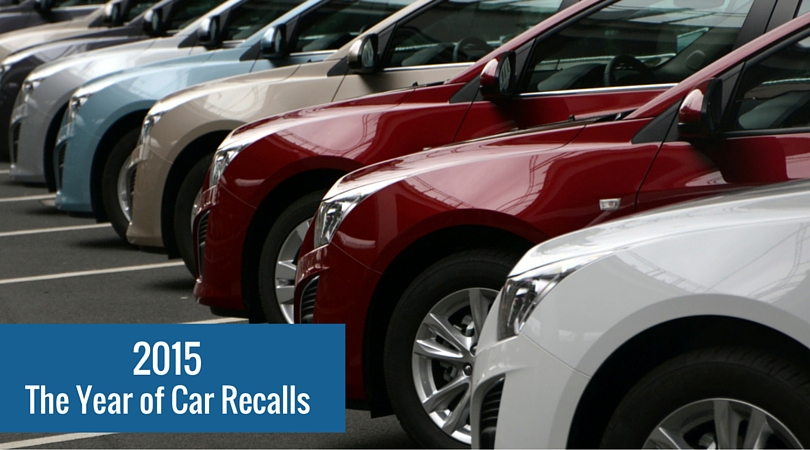Auto Accidents Where Marijuana Is Legalized
Legal marijuana use is increasing the number of car crashes, according to a June 2017 report issued by the Insurance Institute for Highway Safety, Highway Loss Data Institute (IIHS). In the first major study since marijuana was legalized in several states in 2014, the IIHS found three states with legal marijuana for recreational use — Oregon, Washington, and Colorado — now have car accident rates at a 3 percent higher rate than they would if marijuana was not legal.
The report states an increase in the number of people who admit to driving after using marijuana, a substance which is also being found in more people who are involved in crashes. The study used control states that had not yet legalized marijuana for recreational use. In Colorado, the frequency of marijuana-related car accident incidents was 14 percent higher than control states.
How Marijuana Affects Driving
Compared to a substance like alcohol, it is more difficult and complicated to determine exactly how and when marijuana impairs a person’s judgment. According to Live Science, marijuana impairment occurs when THC enters fatty tissue in the brain, and THC levels may be at their highest before impairment even occurs. Some states with legal marijuana laws, like Colorado and Washington, punish drivers with a certain amount of THC in their blood with a driving under the influence charge. Others, like Alaska and Oregon, have no clearly defined legal marijuana limit and rely on police officer feedback when determining charges.
The AAA Foundation for Traffic Safety makes a strong case for the correlation between marijuana use and impairment, with a 2016 study showing fatal crashes with driver marijuana use doubled in Washington after marijuana was legalized. The National Institute on Drug Abuse shows side effects from marijuana use may include an altered perception of time, anxiety, panic and delusions. The Centers for Disease Control and Prevention states marijuana use slows reaction time and decision-making ability, and impairs coordination.
Side effects become more extreme the more marijuana that is consumed. Because effects are felt at a delay, users may intake large amounts of marijuana, which can impair driving more.
How to Stay Safe Amid Increased Driving Risk
Because laws vary from state to state, marijuana use is not determined in all car crashes, and some states don’t even have minimum punishments for THC in the body, drivers must be aware of the driving risks posed because of legal marijuana use and work to ensure their own safety as much as possible. Here are some precautions to take.
- Know state laws. If you’re going to drive in a state where medical marijuana or marijuana for recreational use is legal, know that you are likely to be on the road with people who have used marijuana — for some, use may be immediately before getting on the road, or when effects from THC consumption are settling in. It is vital to be vigilant of all drivers on the road. Look out for swerving, sudden stops, driving significantly below or over the speed limit, drifting into other lanes and other dangerous behaviors. Pull off to the side of the road, and call the police to report the license plate number if you suspect dangerous driving. Then, take an alternate route to avoid that vehicle.
- Don’t drive when you’re under the influence. In most states, if a police officer suspects you are under the influence of marijuana, and you are involved in a traffic incident, the police officer may order an immediate blood test. Refusing to comply may mean the loss of the ability to use your license, depending on the state you’re in. Your marijuana use may also be a factor in any pending lawsuits. Besides the legal implications using marijuana poses for drivers, using marijuana is often unpredictable and may affect you in ways you never anticipated, even if you’re a regular user. Poor reaction time and impaired driving can lead to your arrest, and even worse, the death of someone on the road. Realize the threat you pose to yourself, other drivers and pedestrians if you drive while high.
- Be prepared for accidents. An accident is one of the most stressful situations you can be in. Don’t let the anxiety from an accident affect your legal rights. If you suspect the other driver may be under the influence of marijuana, communicate that to police. Document the accident scene with photos of the vehicles and any injuries you experience. If you suspect drugs of any kind were a contributing factor to an accident that you are a victim of, contact a seasoned law firm with many years of accident experience in all areas of accident law.
The uncertainty of how substances like marijuana affect drivers makes getting on the road today riskier than ever. Know the dangers that are around you every time you drive, be conscious of driving behavior of others, and do your best to stay calm if you’re in an accident.







